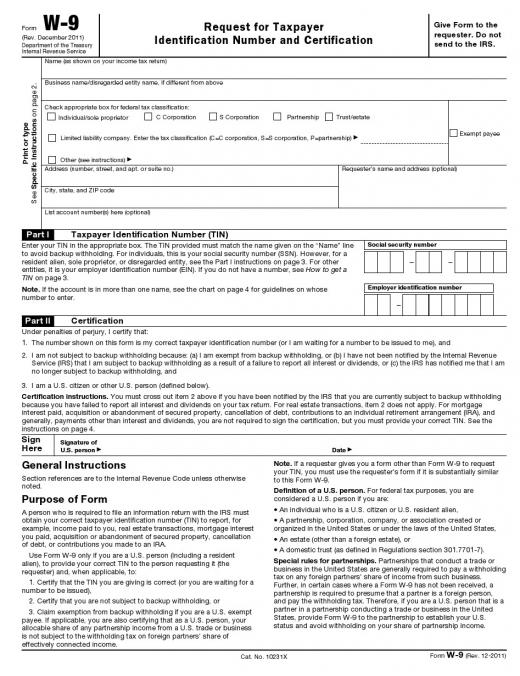An estimated tax penalty is a fine that the Internal Revenue Service (IRS) or another tax collecting agency charges when a person underpays estimated taxes or fails to pay these taxes on time. Individuals must pay estimated taxes on income that is not subject to automatic withholding such as self-employment income or interest income. The purpose of the estimated tax penalty is to induce individuals to pay taxes voluntarily. Certain situations may allow a person to obtain a waiver to avoid having to pay this penalty.
In the U.S., residents must pay taxes on their income as they earn or receive it. Ordinarily, an employer withholds certain taxes from an employee’s income and sends it to the IRS. This does not occur with all types of earnings. In general, no one automatically withholds taxes from self-employment income, interest, dividends, rental income, alimony, or other types of earnings. This income may be subject to taxation, which means the person receiving it must pay estimated taxes on it or face an estimated tax penalty.

To avoid the penalty in the U.S., a person must pay taxes on time and in the correct amount. Estimated taxes are due on the 15th day of April, June, September, and January. The taxes are due on time for each tax period, which means you cannot make up for an underpayment in one period by paying extra in a following period. A late payment or an underpayment results in an estimated tax penalty.

The IRS sometimes grants waivers of the estimated tax penalty under certain circumstances. For instance, a person may qualify for a waiver if he suffered an accident, disaster, or faced a serious circumstance that prevented him from making the payment. Additionally, if a person suffers a disability or retires after reaching the age of 62 on the year before or on the year when estimated taxes were due, he may qualify for a waiver. Individuals must submit a special form available through the IRS to request a waiver. Essentially, the waiver of the estimated tax penalty is to prevent unfairness to individuals who failed to make payments due to circumstances beyond their control.
The IRS provides form 2210 to calculate the estimated tax penalty. It is a complex form; taxpayers may instead choose to allow the IRS to calculate the penalty and send them a bill for the penalty. Of course, anyone may also hire a tax accountant to do the calculations. A tax professional is also likely to know how to help structure payment of taxes to avoid the estimated tax penalty going forward.
